Wholesale vs Retail PDR: Car Dealership Strategies

Wholesale vs. retail dealership models impact PDR for car dealerships. Wholesale dealers outsource P…….
In the dynamic automotive industry, where consumer preferences evolve at a rapid pace, car dealerships are continually seeking innovative approaches to optimize their retail strategies. One such game-changing concept gaining significant traction is Performance-based Digital Retailing (PDR). This article aims to delve into the world of PDR for car dealerships, exploring its definition, global impact, economic implications, technological foundations, regulatory landscape, challenges, and future potential. By the end, readers will gain a comprehensive understanding of how this strategy is revolutionizing the automotive retail experience.
Performance-based Digital Retailing (PDR) is a cutting-edge approach that leverages digital technologies to enhance the car purchasing journey, focusing on data-driven performance metrics. It involves creating an engaging, personalized, and seamless digital experience for customers, ultimately driving sales and improving overall dealership performance. The core components of PDR include:
The concept of PDR has evolved alongside the digital transformation of various industries, particularly e-commerce and online retail. In the automotive sector, traditional dealerships have adapted to changing consumer behaviors by embracing digital technologies. The early adoption of online car listings and vehicle configuration tools laid the foundation for more advanced PDR strategies. Over time, as customer expectations rose, the focus shifted towards creating immersive digital experiences that rival physical showroom visits.
PDR’s significance lies in its ability to:
Performance-based Digital Retailing is not limited to a specific region; it has captivated car dealerships worldwide due to its proven success in driving sales and improving customer satisfaction. The global impact of PDR can be observed through several trends:
| Region | Key Trends | Examples |
|---|---|---|
| North America | Early Adoption and Integration | Many top US dealerships have fully embraced PDR, integrating advanced CRM systems and e-commerce platforms with their physical showrooms. |
| Europe | Data Privacy and Compliance | European dealers are navigating the stringent General Data Protection Regulation (GDPR), ensuring customer data security while leveraging analytics for PDR. |
| Asia Pacific | Omnichannel Approach | Asian dealerships are adopting an omnichannel strategy, seamlessly blending online and offline experiences to cater to diverse consumer preferences. |
| Latin America | Mobile-First Strategy | With high mobile penetration rates, Latin American dealers are prioritizing mobile-optimized platforms and apps to reach customers on their preferred devices. |
While PDR principles remain consistent worldwide, regional variations in consumer behavior and market dynamics influence its implementation:
The economic landscape plays a pivotal role in shaping the adoption and success of PDR for car dealerships. Key market dynamics include:
Dealerships investing in PDR can expect several economic benefits:
Case Example: “Digital Transformation Boosts Sales by 25%”: A mid-sized dealership in the US implemented a comprehensive PDR strategy, including a user-friendly e-commerce platform, personalized marketing campaigns, and enhanced CRM capabilities. Within six months, they witnessed a 25% increase in sales, attributed to improved customer satisfaction and higher conversion rates.
The rapid evolution of digital technologies is at the heart of PDR’s success. Key advancements include:
These technological advancements significantly enhance the customer journey:
Looking ahead, emerging technologies will further revolutionize PDR:
The implementation of PDR for car dealerships is influenced by various policies and regulations that vary across jurisdictions:
To navigate this legal landscape successfully:
Despite its numerous benefits, PDR for car dealerships also presents several challenges:
Proactive approaches can help dealerships address these issues:
A luxury car dealership in the UK transformed its sales process by implementing an AI-powered virtual assistant on their website. This chatbot guided customers through vehicle configurations, answered queries, and provided personalized recommendations. The result? A 30% increase in lead generation and a 20% rise in online sales within the first year.
A US dealership utilized social media campaigns and local community events to drive PDR success. They organized test-drive events, live vehicle demonstrations, and online webinars, engaging potential buyers through interactive content. This strategy led to a 15% increase in sales and a loyal customer base.
A Canadian dealership leveraged advanced analytics to optimize their inventory management. By studying customer purchase patterns and market trends, they could accurately predict demand, reducing stockouts and overstock situations. This data-driven approach improved overall sales performance by 12%.
The future of PDR for car dealerships holds immense promise across various fronts:
| Trend | Impact | Prevalence |
|---|---|---|
| AI-Powered Recommendations | Enhances customer experience, drives sales | Widespread adoption |
| Augmented Reality (AR) Showrooms | Immersive vehicle visualization | Growing popularity in urban areas |
| Sustainable Retail Practices | Appeals to eco-conscious consumers | Increasing focus |
| Social Commerce Integration | Seamless online-to-offline buying experience | Expanding across demographics |
Performance-based Digital Retailing (PDR) has emerged as a game-changer for car dealerships, offering a competitive edge in an increasingly digital world. By harnessing technological advancements, data-driven insights, and customer-centric approaches, dealerships can elevate their retail strategies to new heights. The global impact of PDR is evident, with successful implementations driving sales growth, improved operational efficiency, and enhanced customer satisfaction.
As the automotive industry continues its digital transformation, dealerships that embrace PDR will be well-positioned to navigate future challenges and capitalize on emerging trends. This article has provided a comprehensive overview, but the journey of PDR is far from over. Continuous innovation, adaptation, and a deep understanding of customer needs will remain key to unlocking the full potential of Performance-based Digital Retailing in shaping the future of car retail.
Q: How does PDR benefit car dealerships?
A: PDR enhances dealership performance by increasing sales volume, improving customer satisfaction, and enabling data-driven decision-making. It provides a competitive edge in the market by offering personalized, efficient, and engaging digital retail experiences.
Q: What are the key components of an effective PDR strategy?
A: An effective PDR strategy includes digital marketing and advertising, CRM systems, e-commerce integration, data analytics, and performance tracking. Balancing these elements creates a seamless, customer-centric buying journey.
Q: How can dealerships ensure data privacy while leveraging PDR?
A: Dealerships must comply with data protection regulations like GDPR and CCPA. This involves obtaining consent for data collection, providing transparent privacy policies, and implementing robust security measures to safeguard customer information.
Q: What are some common challenges in implementing PDR?
A: Initial costs, staff training, data security concerns, and customer resistance to digital transactions are common challenges. Proactive approaches, such as partnerships, gradual implementation, comprehensive training, and omnichannel strategies, can help overcome these hurdles.
Q: How will the rise of electric vehicles impact PDR for car dealerships?
A: Dealerships must adapt their PDR approaches to cater to EV buyers’ unique needs. This includes providing detailed EV information, showcasing charging options, and offering personalized recommendations based on energy efficiency preferences.

Wholesale vs. retail dealership models impact PDR for car dealerships. Wholesale dealers outsource P…….

Dealers prefer PDR for car dealerships due to its swift turnaround times, reducing vehicle downtime…….

PDR for car dealerships revolutionizes operations by speeding up inventory turnover and boosting cus…….
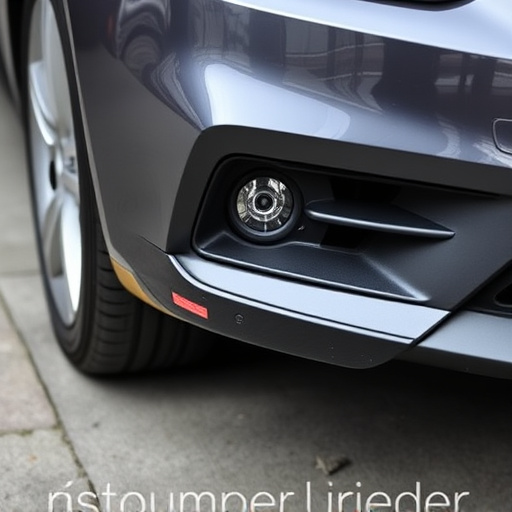
PDR for car dealerships offers efficient, cost-effective solutions for quick repairs, eliminating tr…….
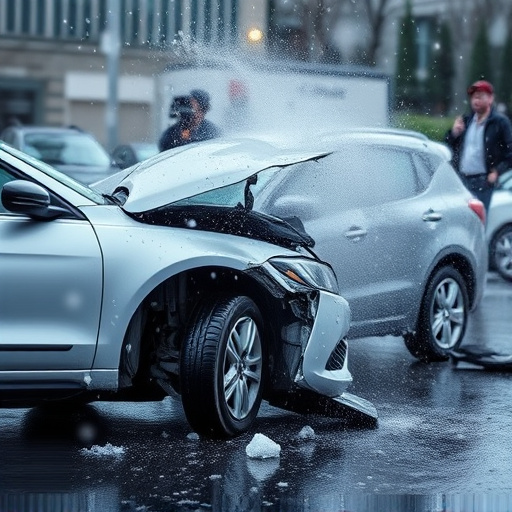
PDR for car dealerships offers a fast, cost-efficient, and eco-friendly way to repair minor vehicle…….

Professional Detailing and Repair (PDR) is a key differentiator for car dealerships, offering struct…….
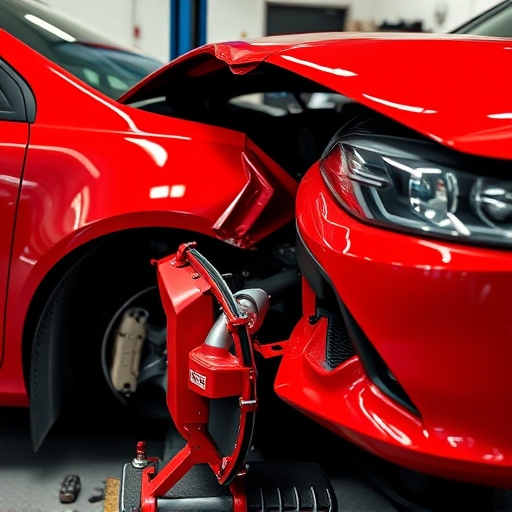
PDR for car dealerships revolutionizes vehicle repair by offering swift, cost-effective solutions fo…….
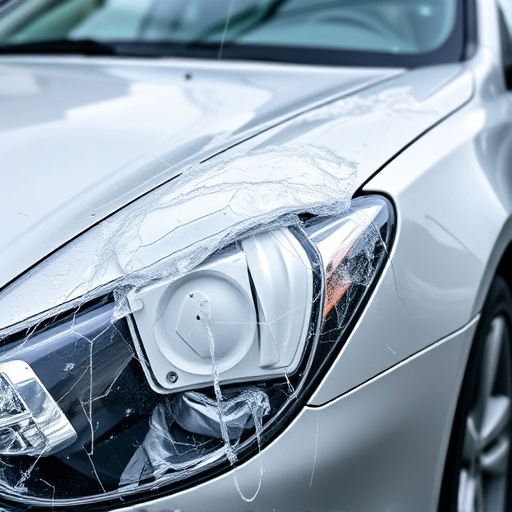
Car dealerships neglecting Paintless Dent Repair (PDR) miss out on efficient, cost-saving repairs th…….
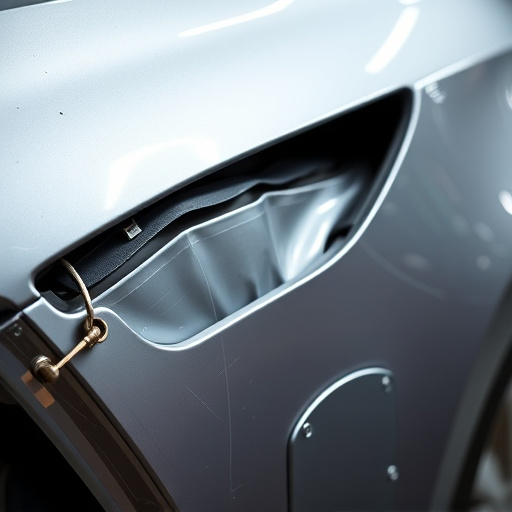
PDR partnerships between car dealerships and mobile technicians are gaining traction in the competit…….